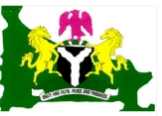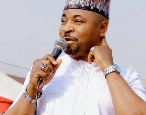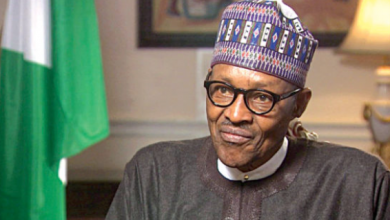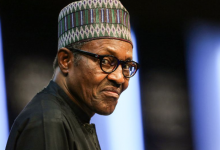
My father doesn’t deserve re-election—President’s daughter
CITIZENS COMPASS —Brenda Biya, the daughter of President Paul Biya of Cameroon, has called on Cameroonians not to vote for her father in the upcoming October 2025 presidential election.
Brenda, popularly known as King Nasty, said this during a live TikTok session, where she openly criticized her father’s leadership and held him responsible for the deteriorating state of the nation. She attributed the country’s widespread poverty, unemployment, and social stagnation to decades of poor governance under his administration.
This development is particularly remarkable because it marks the first time in African political history that a sitting president’s child has openly opposed their parent’s rule and actively discouraged the public from supporting them. In a continent where political families often remain tightly knit and protective of power, Brenda Biya’s stance represents a powerful break from the norm.
President Paul Biya, now 92 years old, has ruled Cameroon for over 43 years, making him one of the world’s longest-serving heads of state. His tenure has been characterized by authoritarianism, economic mismanagement, human rights violations, and a persistent crackdown on dissent. Despite growing calls for change, Biya has repeatedly clung to power, with elections widely criticized for lacking transparency and fairness.
Brenda’s message appears to reflect the frustrations of many young Cameroonians who have known no other leader in their lifetime. Her decision to publicly voice dissent is being hailed by many as an act of courage and patriotism, especially considering the risks involved in speaking out against a regime known for silencing critics — even those within its own circles.
This incident has sparked a nationwide debate not only about the upcoming election but also about the future of governance in Cameroon, the role of youth in political transformation, and the growing demand for accountability from those in power. Many see Brenda’s decision as a wake-up call for Cameroonians to rethink their political loyalty and demand a better future.
Her defiance stands in stark contrast to the norm in many African political dynasties, where family members typically support the incumbent and benefit from entrenched systems of privilege. Instead, Brenda has chosen to stand with the people, positioning herself as a voice of conscience in a deeply polarized political landscape.
With the October elections fast approaching, all eyes are now on Cameroon. While it remains unclear how much influence Brenda’s statement will have on the final outcome, her action has already made history — and could inspire a new wave of political awakening across the continent.







